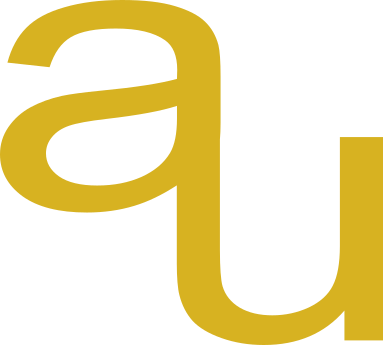International arbitration can be a powerful way to resolve cross-border disputes—especially for individuals, small businesses, or entities facing well-capitalized opponents. For clients exploring third-party funding (TPF) to pursue arbitration, one topic that often comes up is after-the-event (ATE) insurance.
But what exactly is ATE insurance, how does it fit with third-party funding, and is it always necessary? Let’s break it down in practical terms.
What Is After-the-Event Insurance?
After-the-event (ATE) insurance is a policy you purchase after a dispute has arisen, designed to protect a claimant against the risk of having to pay the other side’s legal costs if the case is unsuccessful.
In international arbitration—where proceedings can be costly and tribunals may order a losing party to cover the prevailing side’s fees—ATE insurance can provide important financial protection and peace of mind.
In international arbitration—where proceedings can be costly and tribunals may order a losing party to cover the prevailing side’s fees—ATE insurance can provide important financial protection and peace of mind.
How Does It Interact with Third-Party Funding?
When a claimant secures third-party funding, a litigation finance company covers the legal costs in exchange for a share of any recovery. Here, ATE insurance can serve as a complementary tool:
- Risk Mitigation for Funders: Funders often like seeing ATE coverage because it limits downside exposure.
- Budget Predictability: It provides a clearer financial safety net should the claim not succeed.
- Negotiating Leverage: In some cases, knowing that adverse cost risks are insured can strengthen a party’s position in settlement discussions.
However—and this is key—ATE insurance is not automatically required when using third-party funding.
Is ATE Insurance Always Necessary?
Not necessarily. Whether ATE coverage makes sense depends on the specifics of your case:
Every case is unique, and this is exactly the kind of risk assessment that should be part of your early strategy discussions.
- Jurisdiction of Arbitration: Some seats are more aggressive in awarding adverse costs than others.
- Opponent’s Profile: If the respondent is unlikely to pursue cost recovery, ATE might be unnecessary.
- Funding Terms: Some funders insist upon ATE coverage, while others are comfortable proceeding without it.
- Claim Size and Budget: For smaller claims, premiums may outweigh the benefits.
Every case is unique, and this is exactly the kind of risk assessment that should be part of your early strategy discussions.
Key Takeaway
ATE insurance can be a valuable tool in international arbitration, especially when combined with third-party funding. But it’s not a one-size-fits-all solution. In some cases, it’s an essential safeguard; in others, it may add unnecessary cost.
The right approach is to evaluate the nature of your dispute, your financial objectives, and the structure of the funding agreement.
The right approach is to evaluate the nature of your dispute, your financial objectives, and the structure of the funding agreement.
How I Help Clients Make This Decision
- Explain how TPF agreements are structured
- Assess whether ATE insurance is beneficial in their specific circumstances
- Connect clients with reputable funders and insurers if coverage is appropriate
- Ensure that every move strengthens—not complicates—their path to recovery
If you are considering third-party funding for an international arbitration claim, let’s talk about whether ATE insurance fits your case. Together, we’ll build a strategy that balances financial protection with efficiency.

